Fluticasone Furoate Nasal Spray (Generic)
Fluticasone Furoate Nasal Spray (Generic) is a corticosteroid nasal spray used to relieve symptoms of allergic rhinitis such as sneezing, runny or itchy nose, and nasal congestion.
About Avamys Nasal Spray
Avamys Nasal Spray is indicated for managing the nasal symptoms of seasonal, perennial allergic and non-allergic rhinitis in adult and paediatric patients aged four years and older. Seasonal allergies are caused by exposure to airborne substances (such as pollens) that are only present at specific seasons of the year. Perennial allergies are caused by year-round indoor exposure to airborne pollutants (such as house dust). Perennial non-allergic rhinitis, also known as vasomotor rhinitis, is a chronic illness characterised by symptoms similar to allergic rhinitis (runny nose, stuffy nose, sneezing, and nasal itching) but lasting for more than nine months each year.
Avamys Nasal Spray contains fluticasone. Fluticasone works by inhibiting the release of certain chemicals in the body that cause inflammatory reactions. Thereby, it provides relief from a blocked or runny nose, sneezing, itching, watery eyes and an itchy nose.
Avamys Nasal Spray is available on prescription only. Avamys Nasal Spray must be taken as directed by the healthcare professional or as per leaflet information to get the maximum benefit of Avamys Nasal Spray. With Avamys Nasal Spray, very little medicine is absorbed into the rest of the body, so it’s not likely to give you side effects. In rare cases, you may experience headaches, nausea, vomiting, sore throat, nose bleeds, trouble breathing, cough, burning, or itching. Most of these side effects of Avamys Nasal Spray do not require medical attention and gradually resolve over time. However, if the side effects persist or worsen, please consult your doctor.
Tell your doctor if you have had an allergic or hypersensitive reaction to fluticasone or other medicines. If you are a pregnant woman or nursing mother, do not consume Avamys Nasal Spray without first consulting your doctor. Avoid Avamys Nasal Spray use in patients with recent nasal ulcers, surgery, or trauma. It is recommended not to use in children under four years of age. Children aged four years and older can use Avamys Nasal Spray under the supervision of a healthcare professional. The development of eye conditions such as cataracts and glaucoma has been reported with the use of fluticasone nasal sprays. You should have a yearly eye exam to check for these conditions. Before using Avamys Nasal Spray, please tell your doctor if you have or have ever been treated for fungal, bacterial, viral or parasitic infections. Also, tell your doctor if you have tuberculosis (a type of lung infection).
Side Effects of Avamys Nasal Spray
-
Headache
-
Nausea
-
Vomiting
-
Sore Throat
-
Nose Bleeds
-
Trouble Breathing
-
Cough
-
Nose Burning or Itching
Uses of Avamys Nasal Spray
Directions for Use
Medicinal Benefits
Avamys Nasal Spray contains fluticasone. Fluticasone works by inhibiting the release of certain chemicals in the body that cause inflammatory reactions. As a result, it relieves symptoms such as a blocked or runny nose, sneezing, itching, watery eyes, and an itchy nose.
How Avamys Nasal Spray Works
Storage
- Inform your doctor about the symptoms you’re experiencing due to medication.
- Your doctor may adjust your treatment plan, which could include changing your medication, adding new medications, or offering advice on managing your symptoms.
- Practice good hygiene, including frequent handwashing, avoiding close contact with others, and avoiding sharing utensils or personal items.
- Stay hydrated by drinking plenty of fluids to help loosen and clear mucus from your nose, throat, and airways.
- Get plenty of rest and engage in stress-reducing activities to help your body recover. If your symptoms don’t subside or worsen, consult your doctor for further guidance.
- A blocked nose can be relieved by drinking more water, which helps clear fluids.
- Use saline nasal spray available over the counter to relieve blockage or blow harder to remove the mucus.
- Use nasal strips that can be placed on the nose to widen nostrils and increase airflow.
- Keep a humidifier around to moisten air at home/workplace.
- Throat pain can worsen if there is no proper rest for your throat.
- Drink plenty of warm fluids and frequently gargle with salt water.
- Humidify the surrounding air using a humidifier, as dry air may increase dryness and throat pain.
- Consider taking lozenges or hard candy throat pain relievers, which give a soothing effect.
- Take enough rest and stay in warm places to reduce pain quickly.
- Tell your doctor about the cough symptoms you’re experiencing, which may be triggered by your medication.
- Your doctor may adjust your treatment plan by changing your medication, adding new medications, or providing guidance on managing your cough symptoms.
- Practice good hygiene, including frequent handwashing, avoiding close contact with others, and avoiding sharing utensils or personal items.
- Stay hydrated by drinking plenty of fluids, such as water, tea, or soup, to help thin out mucus and soothe your throat.
- Get plenty of rest and engage in stress-reducing activities to help your body recover. If your cough persists or worsens, consult your doctor for further guidance.
- Get plenty of rest and avoid activities that tire you out to allow your body fight the infection.
- Drink lots of fluids to help loosen mucus in the lungs.
- Use over-the-counter medications like paracetamol or ibuprofen to manage fever.
- Use a humidifier as it helps soothe irritated airways.
- Do not make changes to your medication schedule or take over-the-counter medicines without consulting your doctor.
- To keep your vocal cords lubricated and hydrated, drink lots of water.
- Suck on ice chips, popsicles, or lozenges to clear your throat and reduce hoarseness.
- Your voice cords may be soothed and healed by honey’s antibacterial and anti-inflammatory properties.
- Gargle with salt water.
- Using a steam humidifier or inhaling steam might help minimize hoarseness and release mucus.
- If you experience symptoms like coughing, wheezing, chest tightness, or difficulty breathing after taking medication, seek medical attention immediately.
- Your healthcare provider will work with you to stop the medication causing the reaction, start alternative treatments, and provide supportive therapy.
- To manage symptoms and prevent complications, follow your doctor’s advice to use inhalers or nebulizers as prescribed, practice good hygiene, avoid irritants, stay hydrated, and get plenty of rest.
- Regularly track your symptoms and report any changes or concerns to your healthcare provider.
What if I have taken an overdose of Avamys Nasal Spray
Drug Warnings
Tell your doctor if you have had an allergic or hypersensitive reaction to fluticasone or other medicines. If you are a pregnant woman or nursing mother, do not consume Avamys Nasal Spray without first consulting your doctor, as it will only be prescribed if the benefits overweight the risks. Patients with recent nasal ulcers, surgery, or trauma should avoid using this product. The development of eye conditions such as cataracts and glaucoma has been reported with the use of fluticasone nasal sprays. You should have a yearly eye exam to check for these conditions. Before using Avamys Nasal Spray, please tell your doctor if you have or have ever been treated for fungal, bacterial, viral or parasitic infections. Also, tell your doctor if you have tuberculosis (a type of lung infection). The safety and effectiveness in children under the age of four have not been satisfactorily proven. Children aged four years and older can use Avamys Nasal Spray under the supervision of a healthcare professional.
| Quantity |
|---|

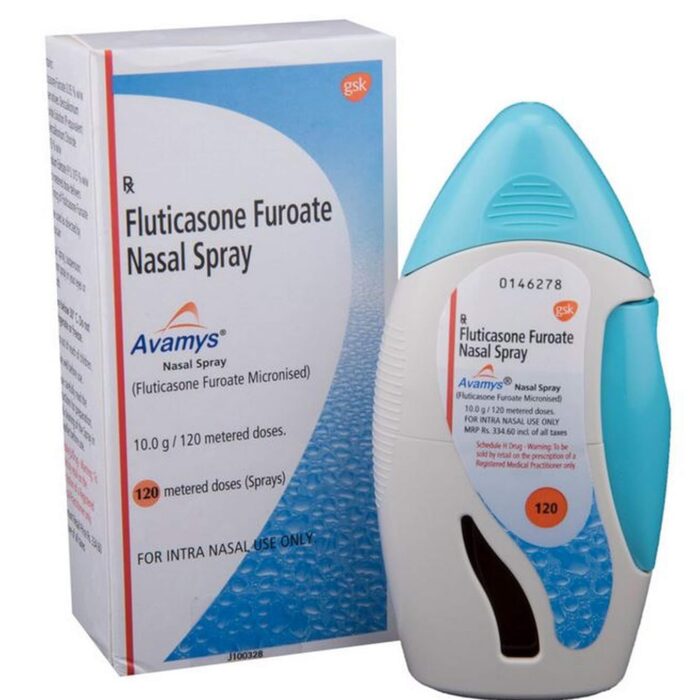
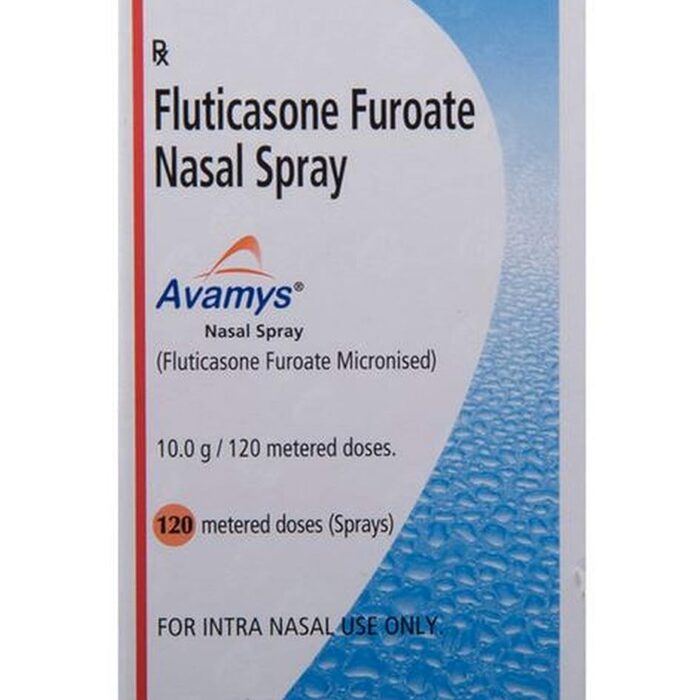
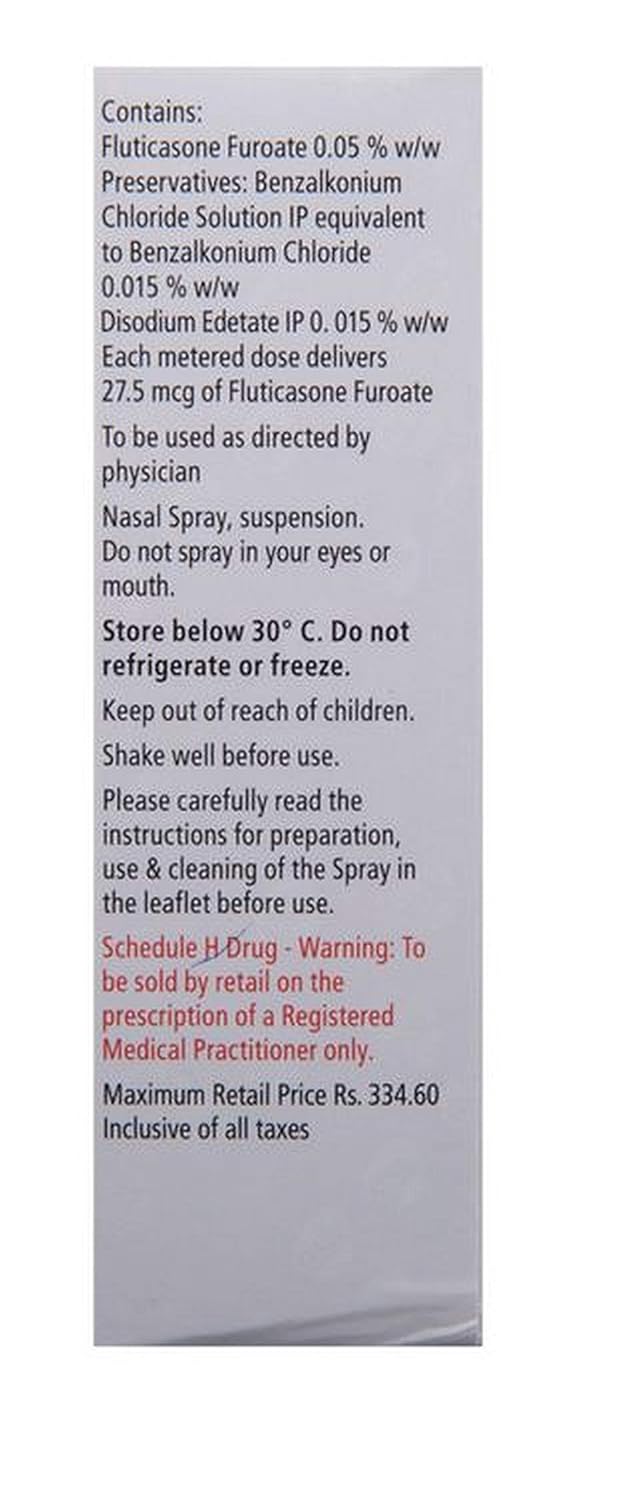
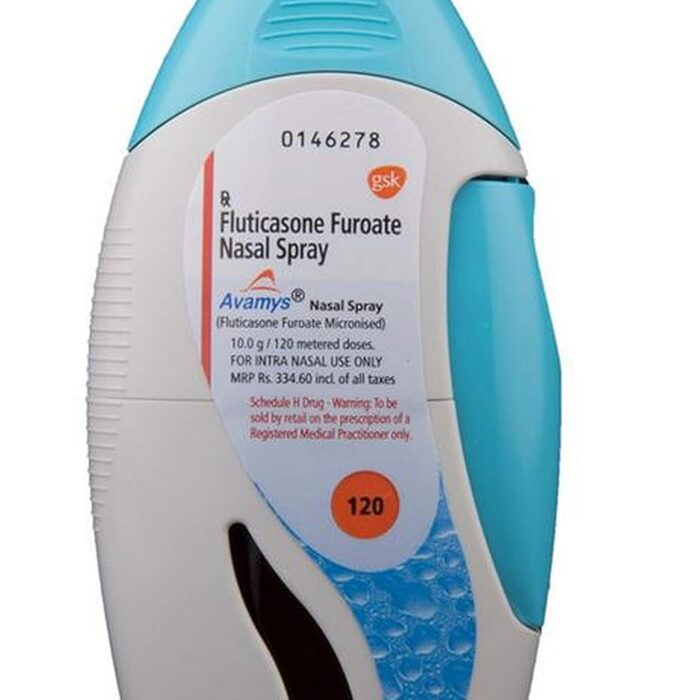
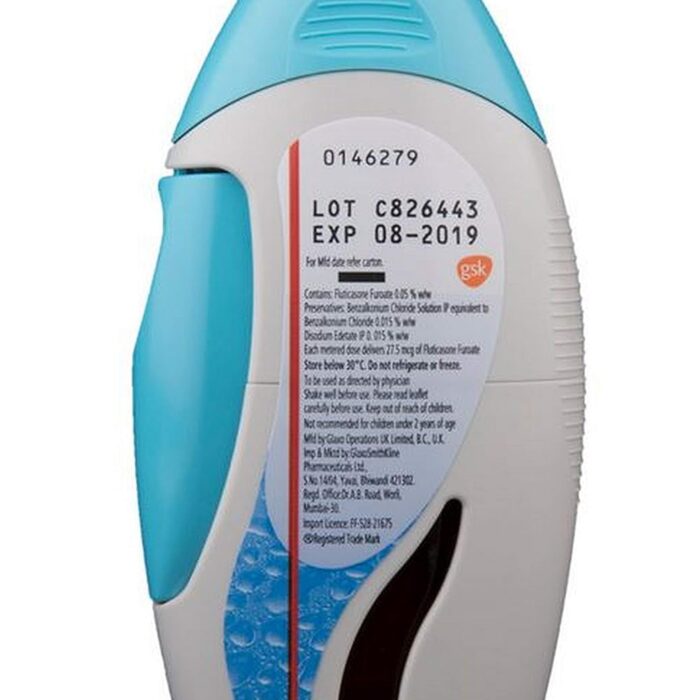
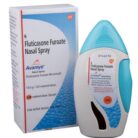
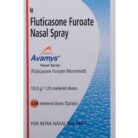
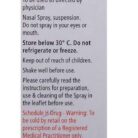
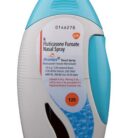
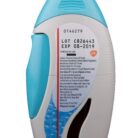
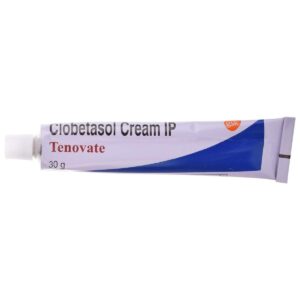
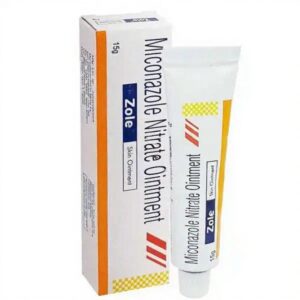
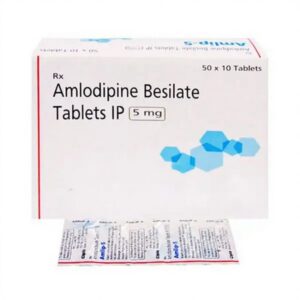
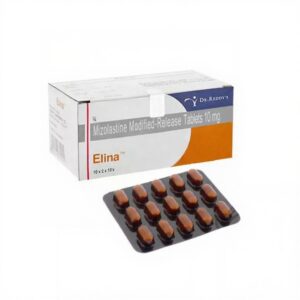
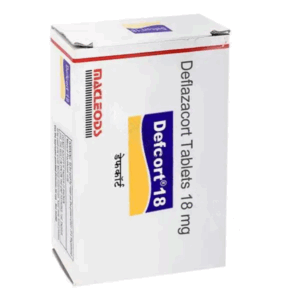
Reviews
There are no reviews yet.